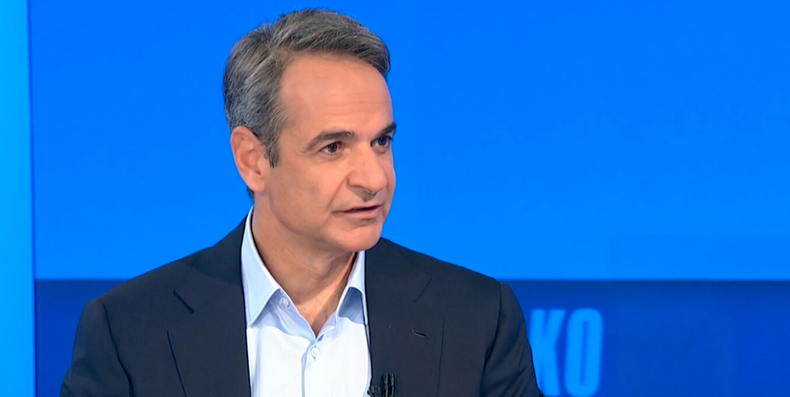The heads of Greece’s international creditors arrived in Athens on Tuesday and are expected to stay for 2-3 days. On Wednesday, Greek Finance Minister Euclid Tsakalotos and Deputy Finance Minister George Chouliarakis will have preparatory talks with Declan Costello (European Commission), Delia Velculescu (International Monetary Fund) and Rasmus Ruefer (European Central Bank).
Representatives of the institutions will be briefed on the implementation of reforms following the crushing omnibus bill of harsh austerity measures that Greek Parliament voted in at dawn on Saturday.
Sources point to the fact that creditors own agenda:
– The IMF believes that Greece’s debt is not viable and also sees weaknesses in the tax revenue program signed by the government. It wants to see debt alleviation, less taxes, more public cutbacks and reforms that would open the market and closed professions. It insists on the speedy recapitalization of banks, but sets the bar high regarding capital requirements will less protection for those in debt and for distress funds to swing into action in the case of non-performing loans.
– The European Commission and European Central Bank want the “hole” in the loan program worth 86 billion euros to be opened (especially the European Stability Mechanism).
The Greek government, on its part, wants pressure for the fulfilment of prior actions to ease. It hopes to complete recapitalization and end the danger of a bail-in before proceeding with other measures. It hopes to avoid VAT hikes in education and wants measures to yield 168 mln euros for this year and 240 mln euros for 2016.
Over the next few days, contacts with leading government ministers will take place. The representatives are expected to return to Greece in November or December at the latest for the formal review of the country’s economy.
The content of the meeting to take place this week will pave the way for three important issues:
• The disbursement of a 1 billion euro sub-tranche
• The beginning of the review and an agreement on debt settlement
• The completion of the recapitalization of banks by the end of December in order to avoid a “haircut” of deposits (bail in) to be applied in accordance with EU Directive from January 1, 2016.



































